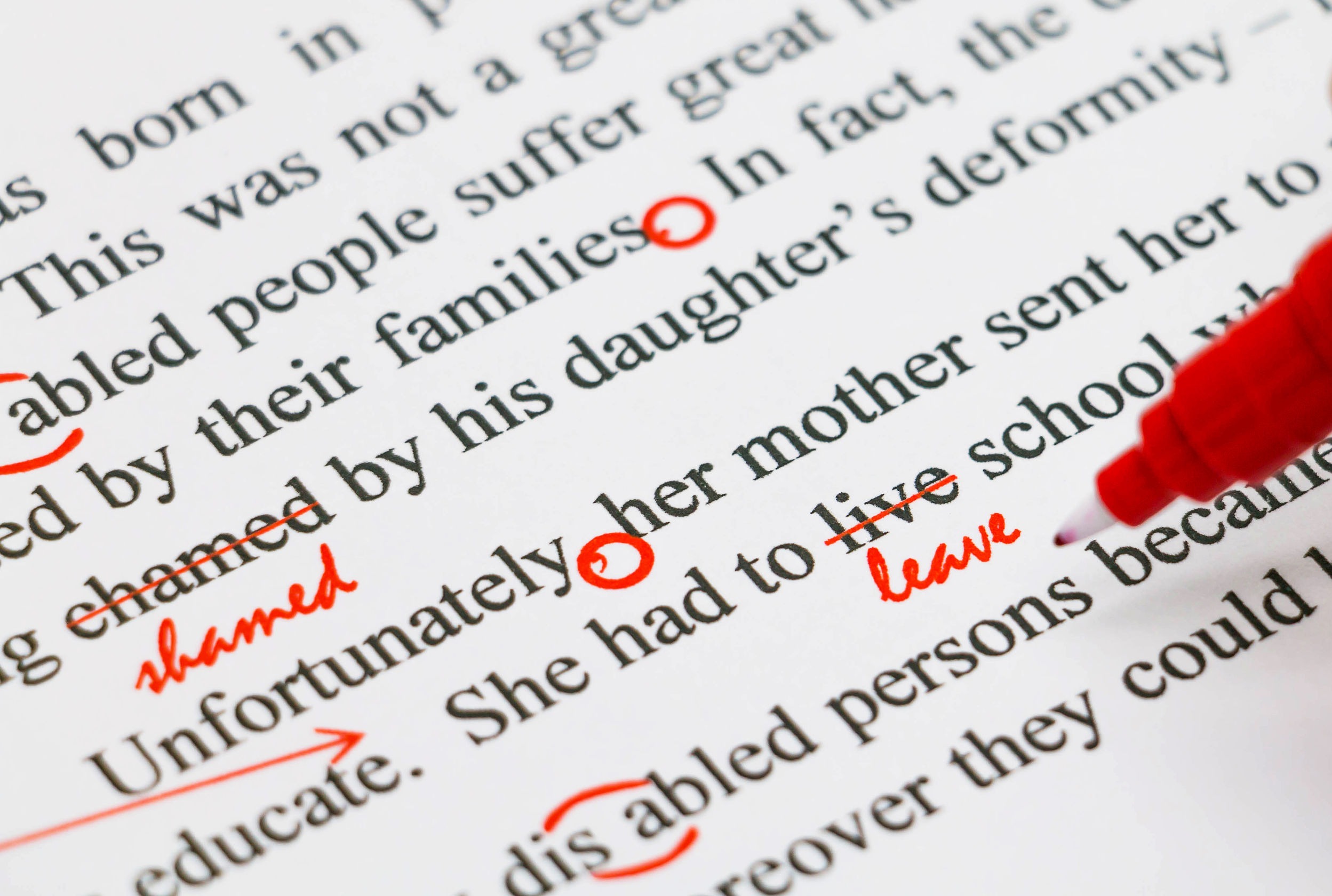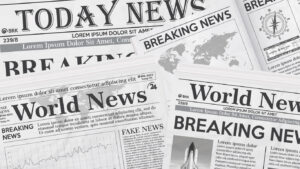How to nourish, stretch and bolster your editing skills
Follow this insightful guidance to keep your mind sharp and your edits on point.

Most editors know a little about a lot.
We obtain most of this knowledge over years of relationships with authors as well as from work and nonwork-related reading. We enter the profession with guidance to concentrate on the basics — style guides, dictionaries — and find our grooves as we accommodate more “motor knowledge,” the facts and tidbits “running in the background” that inform our editing.
Knowing a little about history, politics, literature, finance, science, technology, emotional intelligence, and so many other topics always comes in handy. This motor knowledge helps us better query authors. It signals us to look something up. It gives us the self-awareness to know when to leave the author’s words as they are.
Motor knowledge can certainly come through living, and part of being a well-rounded editor is having nonbook interests. But also, luckily for editors — who may be more inclined to read than to take a class or join a group — there are books to help us “learn the world.” In the age of Google, it may seem archaic to consult books for snippets of information, but occasional browsing of these volumes will bring the motor knowledge you need for editing — and provide fun conversation starters.
Consider these books for fun facts:
The New York Public Library Desk Reference: It has entries on Braille, governmental structure, traveling, mixed drinks, astronomy, and even grammar. Do you know the four pairs of US presidents who were related? You would if you had this tome on your shelf.
The New York Times Guide to Essential Knowledge: New York Times experts have filled this volume with information on architecture, climate change, health, and much more to inform readers about the world and everyday life. The facts and tidbits are presented in thousands of essays, tables, and lists. A great read for the curious mind (that is, the editor)!
The Associated Press Stylebook: (See, this isn’t just a list of books with “New York” in the title.) Yes, this is a style guide, but the entries tell you much more than how to treat compound adjectives. You’ll find entries that give you a little history (Veterans Day) and a little zeitgeist (TikTok). The online version even gives you occasional topical guides (the 2020 Holiday Style Topical Guide explained when to call it “champagne” and when to call it “sparkling wine”).
Editors are learners at heart. Many of us crave behind-the-scenes information that most would disregard. Fortunately for us, this motor knowledge comes in handy at work, sometimes when we least expect it.
Cynthia Williams is business & technical editing manager for Dragonfly Editorial. Read more of her work on Dragonfly Editorial’s blog.
Learn how to craft better, punchier and more inclusive content at Ragan’s Speechwriting and Public Affairs Conference March 4.






